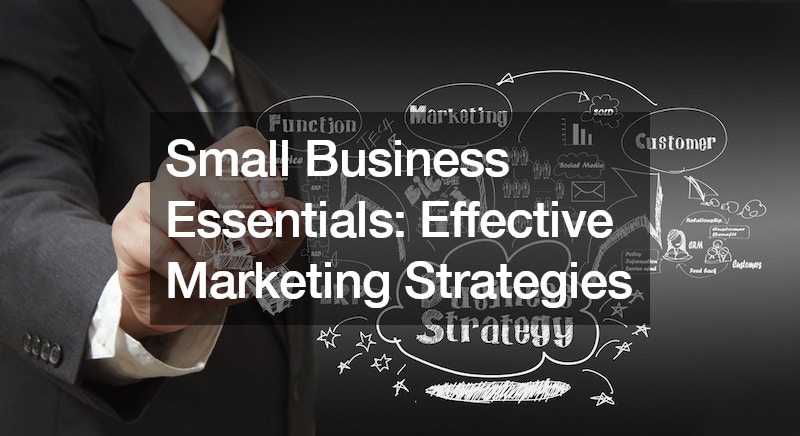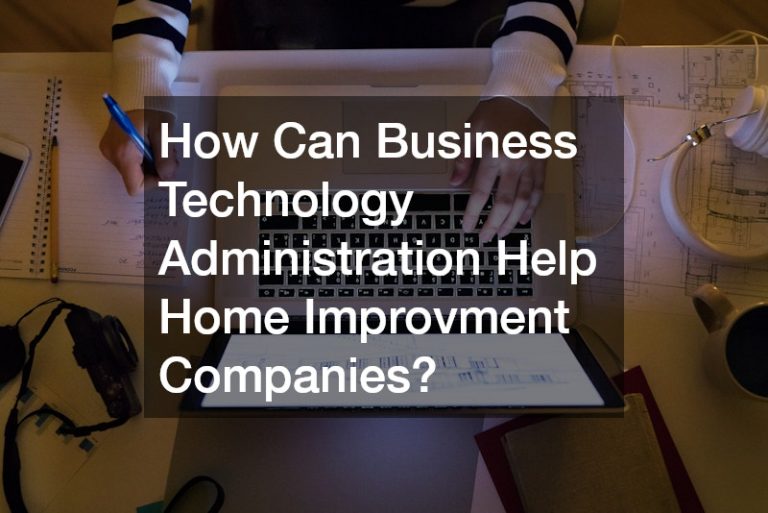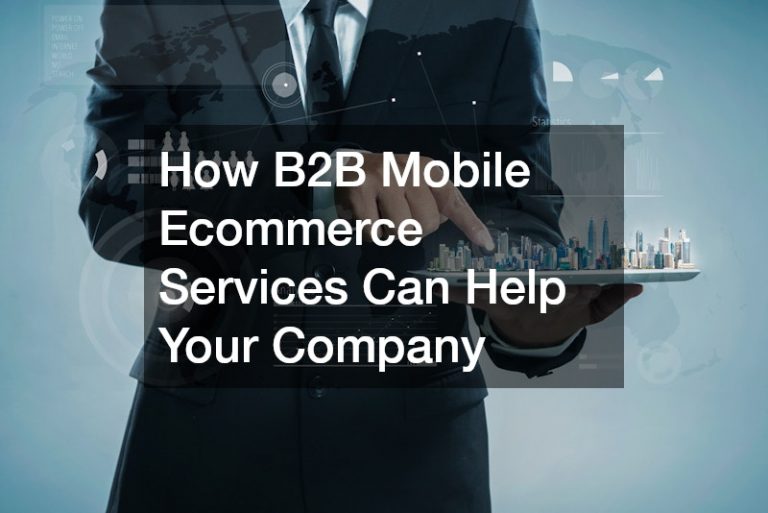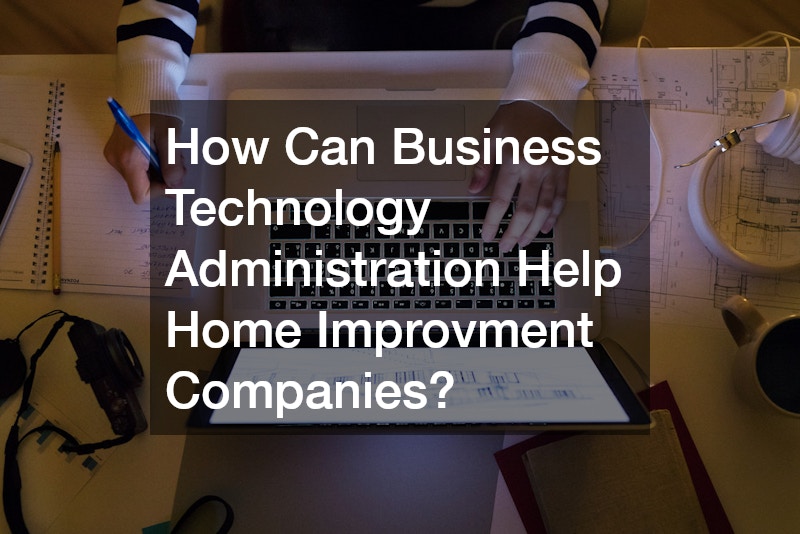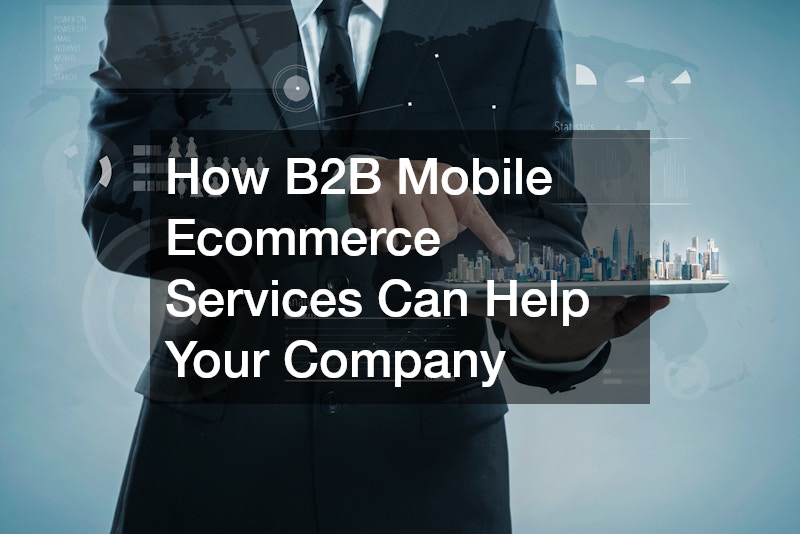Small business essentials are a huge part of a business owner’s role. They include various components, from financial management to employee relationships, from designing marketing campaigns to their evaluation. As we see it today, we will look at the strategies for small businesses that work well and how they can employ them to increase visibility, attract clients, and eventually grow their business.

1. Understanding Your Market
First and foremost, the need to determine the focus market is great in any enterprise. Knowing who your consumers are, what they require, and what intrigues them will guarantee your organization of products or services that will fulfill their needs. For instance, you should know the best places to stay near Zion National Park. Are you going to suggest something like star resorts for budget travelers? Secondly, one of the small business essentials is knowing and segmenting your market.
It means segmenting your overall market into sub-markets based on certain characteristics. The spot that could demonstrate an argument is that an auto garage may identify its market through the vehicle categories or following service type. Also, following consideration of the classified market, you should analyze the competitors. It can enable you to develop a unique selling proposition that will differentiate your small business from its competitors.
2. Developing Your Marketing Mix
The marketing mix is the cluster of campaigns intended to develop and promote the company’s brand or product. As you can imagine, the package would be analogous to a Kubota tractor package lawn care equipment package. It consists of product promotion, price, market, and place.
Your product or service has to satisfy the needs or wants of a customer. Consider a local company that does heat since it is necessary when people live in these homes in the cold season. The second aspect that follows closely is pricing. It should be economical but lucrative.
For instance, providing cheap cremation services can attract more customers since they are low-cost compared to funeral services. Advertising your product or service is, at last, about interacting with your customers. It may be achieved through advertising, public relations, selling promotions, or direct marketing.
3. Utilizing Digital Marketing
Online marketing is necessary for small business essentials of the digital world. It allows businesses to get a wider reach at comparatively lesser amounts than other modes of marketing. While some marketers employ intriguing mailing lists to convince customers to buy their products, digital marketing has revealed another successful tactic: social media marketing.
In particular, a couturier bridal dress shop may employ Instagram to raise awareness of its collection and appeal to brides worldwide. A further approach is search engine optimization (SEO). Providing content optimization for your website is an act that will help increase your ranking. This way, it also increases your traffic visibility.
For instance, a manufacturing firm might use keyword terms such as jobs available in manufacturing companies to appeal to potential job seekers. Businesses can use email marketing as one last tool to maintain customer relationships. For instance, an agency may send the subscribers email newsletters greeting them with all inclusive packages as elementary cases of repetition.
4. Creating Engaging Content
A vital part of small business essentials is content creation. It means developing and distributing worthwhile free content to draw and transform prospects into customers and consumers into consistent customers. For example, live stream church services provide members with a spiritual calendar. Having done this, it involves the contemporary congregation and attracts prospective members remotely who might as well be searching for a faith community online.
Similarly, a firm offering a Class A CDL course can write blog posts or record videos that depict the advantages of studying with them. This can turn into traffic to your site and interest in their course. Finally, engaging material can also be done by customer testimonials or reviews. From reviews by satisfied customers, you can intensively influence potential customers when the propensity of decisions they can make increases to heighten your small business’s name and reputation.

5. Leveraging Local Marketing
Local marketing is an effective approach that small businesses can use to target customers locally to sell their products. It is an integral part of the small business essentials, specifically those with physical premises. Firstly, local marketing may include attending local community events or being a sponsor for a local sports team. If it does, your business gets a heightened profile in the community, as happens when an auto repair shop sponsors a local car show.
Secondly, local businesses can partner with others in the jurisdiction. For instance, a designer wedding dress shop can ally with a local florist who, on their own, sells various flowers to facilitate the sale of package deals, thus benefiting the two. Lastly, businesses can benefit from local SEO techniques to raise their presence within local search results. This includes optimizing your website and online directories to be found when potential customers are looking for local firms in the industry that you are in.
6. Building Strong Customer Relationships
Building strong customer relationships is part of the small business essentials. This entails identifying your customers’ needs and propensity to exceptionalism. Offer superb customer support and establish a good relationship with your customers. For instance, a local heating firm might provide round-the-clock emergency services, showing that the company is willing to serve its customers whenever needed.
Customer loyalty programs provide another avenue. Repeat businesses can be bought and retained by giving rewards to loyal customers when businesses offer discounts or special deals, so keep that in mind. For instance, a travel agency could offer repeat customers inclusive packages at reduced costs. Finally, companies can use social media to communicate with their customers. This might mean replying to comments or messages, posting exciting content, hosting live Q&A, etc.
7. Implementing Direct Marketing Strategies
Direct marketing is another popular marketing for SMEs. It is the direct communication with a target audience and their call to action. A direct marketing communications category is email marketing. For example, a manufacturing company could use emails sent directly to potential candidates regarding job openings in manufacturing companies.
The second type is direct mail. However old it may seem, using snail mail to advertise can be extremely effective, particularly for local businesses. For instance, a car repair shop could hire one to distribute coupons or special offers to residents within the neighborhood. Direct marketing also includes telemarketing. Yet, despite being invasive, it is also useful if done correctly. For example, a local heating company could call its customers and present them with maintenance hot water services.
8. Focusing on Public Relations
PR deals in reputation management and relationships with stakeholders. It is part of the core of small business essentials. There is also PR, which is used to manage business crises. For instance, if affordable cremation services become involved in a scandal, a statement developed to engage in crisis communication will assist in limiting potential consequences and reassuring clients.
Second, PR can also be extended to community services. Being socially responsible, businesses can disseminate charity events or local initiatives in society. Situated, PR can be used for public raises of positive news about the company. For example, a Class A CDL program might put out a press release about graduation rates that are exceedingly accomplished, which will lead to even more enrollees.

9. Adopting Mobile Marketing
Mobile marketing is a multichannel digital marketing strategy to reach the target market in mobile devices such as smartphones, tablets, or other devices. It is becoming one of the minor business necessities of the modern digital world. Initially, mobile apps help businesses approach and interact with their customers. For example, they could create an app that would permit members to view services as they happen, even when they are not around.
For instance, a church may develop an app to stream live church services so members can participate even while far away. Short codes are used by businesses to send promotional messages to customers’ cell phones. Secondly, a case would be a travel agency’s SMS text messages on special all-inclusive packages to its clients. Finally, mobile marketing additionally refers to mobile site optimization. This ensures clients who use their mobile devices to visit your site have a pleasant experience.
10. Embracing Content Marketing
Content marketing is a process of writing or sharing meaningful content to engage customers for a long period of copy. It is an element of the core small business essential as it aids in positioning the business as a leader in the niche and instilling trust with the audience. For example, a Class A CDL training firm could publish blogs or videos engaging in truck driving. Blog content benefits prospective students and makes the business a leader in the field.
The same can be said about a designer bridal wear shop as well. It could develop content on the current wedding dress fashions or provide advice on choosing designer wedding dresses, attracting the potential bride and traffic to its site. Content marketing does not equal content creation. It also entails marketing that material. Quality content can also be published on platforms like microblogging sites, email newsletters, and guest posts online.
11. Investing in Paid Advertising
Unquestionably, organic marketing strategies have their place, but supplements can be provided by paid advertising, which is also a crucial component of small business essentials. However, it enables companies to gain far more exposure and may instantly enhance visibility. A form of advertising that is utilized quite much and which can be classified as paid advertising is pay-per-click advertising.
However, the same local heating firm can put up a PPC ad on the headline of the search engine after looking for the type of heating services it provides in its area. Another category includes social media advertisements. Lastly, businesses may also adopt conventional periodic purchases of advertisements, for instance, billboards, radio ads, and print ads in local newspapers.
12. Utilizing Influencer Marketing
This marketing strategy is a form of social media marketing in which influencers promote and endorse products. Influencers are people with dedicated social followers perceived as experts in a particular niche. It is becoming a more important member of small business necessities. For example, a high-end brideswear boutique may join with a well-known planner from weddings on Instagram.
This would be possible through the influencer posting their statements about the shop’s collection, which could draw potential brides to the shop. Likewise, a travel agency could link with an established travel blogger or vlogger. The influencer could promote the agency’s ultimate packages in their materials, generating traffic to its services.
13. Harnessing the Power of Analytics
Analytics is the systematic computational analysis of data or statistics. As a part of small business necessities, they inform companies based on data, allowing them to make decisions. Analytics allow companies to measure the performance of their marketing strategies.
For example, a local heating company uses Google Analytics to know which of their online ads produce the largest number of visitors to their website. However, an organization with a Class A CDL program can apply analytics to determine which of these blog posts or videos stirred the interest of most audience members. This could guide them in subsequent attempts at content creation.

14. Prioritizing Customer Retention
Although customer acquisition is important, keeping old customers is as noteworthy, if not most noteworthy. Keeping retained customers rather than sacrificing resources to secure new clients is almost always cost-effective, making customer retention integral to small business essentials. Businesses can emphasize customer retention more by offering the best quality of customer services. For example, a garage that services vehicles might provide post-service services to ensure customers are happy with the vehicle repairs.
Customer loyalty programs are another area where the effectiveness can be seen. For instance, a cremation service provider could provide discounts or extra services if someone returns another time. Finally, businesses can keep their customers updated via email campaigns. Now and then, you can send updates about new products, services, or promotional strategies that can keep you fresh in the minds of your customers.
Final Thoughts
Small business essentials are effective marketing strategies. They describe a roadmap for companies to enter the marketplace, learn the market, set the marketing mix, apply the available digital marketing, and create attractive content. As implemented, these strategies help small businesses develop their visibility, attract potential customers, and accelerate their further growth. Know that good marketing is all about the value to the customers you need to deliver that value.
